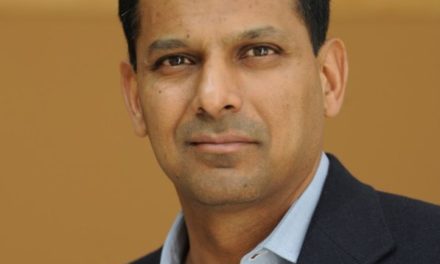
Taking public responsibility seriously

By Natasja Beyleveld
NaMedia a local media monitoring firm.
According to official policy statements, Namibia should be moving towards a knowledge-based economy, and to reach this goal the equality of education in Namibia will need to be improved. Namibia has an ambitious education policy. Keywords are access and equity and good quality. Knowledge is power, and knowledge helps us learn from our mistakes as we aim to grow our economy.
What have you most recently read about Namibia’s politics and economics? Undoubtedly, we are not numb to undelivered promises and corruption amidst a global pandemic, and the impact on businesses and the well-being of every family we know. Never have I seen more children or adults beg on the corner of streets, shopping centres, or door-to-door. Mothers cling to their children, clearly hungry and desperate. Men on the side of the road knock at every house on their way back home, begging for food or clothing after no job for the day was found.
An over-supply of painters, builders, gardeners, cleaners, and other jobs where little education is needed. Alas, no work to be found, and reportedly more than half of Namibia’s population earn below N$1400 per month.
The influx of low-paying job requests and outflux of talent – has hit Namibia’s economy hard. Still, the country’s public education sector performs sub-standardly, albeit primary education is free since 2013, and secondary education since 2016.
The enrolment rate in Namibian schools is only 82 %, with some regional and gender differences. Poverty at household level is a factor hampering school attendance. Private students study from iPads and are guided by various apps (you need smart devices, and knowledge of loading and using applications). Children raised in poverty study with candlelight and in most cases without parental support. Basically, skipping a year of school amidst COVID-19 2020 amidst an increasing digital divide.
Namibia’s high Gini-Coefficient, and unperforming public services jobs in a bloated government is financially unsustainable. Parastatals will be closing doors one by one, but the damage has already been done. Air Namibia liquidated after throwing billions into a bottomless pit, and NBC workers demanding an 8% salary increase according to CEO Stanley Similo illustrates that “we are tone-deaf and insensitive” to the thousands that have lost their jobs or businesses.
Death, taxes, all protocol observed. However, when we start thinking for ourselves amidst a storm of Covid-19 restrictions, we start asking more questions and we listen between the lines. The assumptions tied to democratic leadership with a pro-citizen approach, are cut off by increasing reports of corruption and self-benefit, such as seen with the Fishrot scandal.
Our government expenditure budgets and events do not reflect balance in this regard, and place that into context with a bloated military that we “need”? Saying anything about this, makes you unpopular. But, when we are always talking about money, and not having enough of it – we clearly have a problem. Especially if you have a job, you work for the Namibian government, you have side-business, you receive a salary above N$1400, and your acts of service have no enduring impact.
We celebrate in confidence those that we have learnt to trust and respect, and we silently wish that those that have a selfish agenda, would give up already – and take responsibility for the greater good. May this seed sown find root in those reading this article in dis-contempt.
An economy overly dependent on the decisions made by its government, if corruption prevails, will fail. As we learn, power tends to corrupt and absolute power corrupts absolutely (John Dalberg-Acton). He also gave us some food for thought; “Great men are almost always bad men…”.
There is no short cut. The corporate sector continues to smile and give, but carrying projects that seem like a bottomless pit, will become intolerable. There will always be a crisis, be it drought, Covid-19, poverty, housing, education, agriculture, gender-based violence, baby dumping, alcohol abuse. We can get lost and entangled in every crisis, but given we have such a large public sector, this should surely contribute towards the well-being of our citizens, and national economy.










































